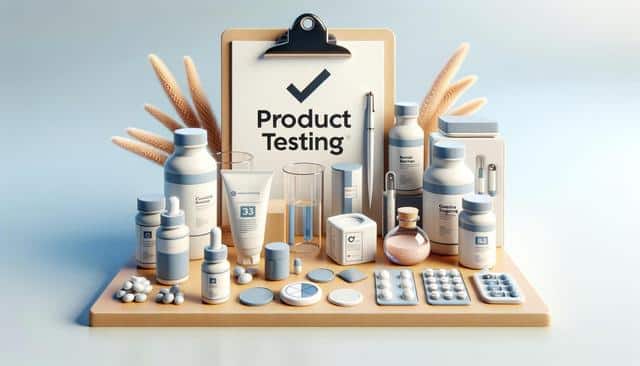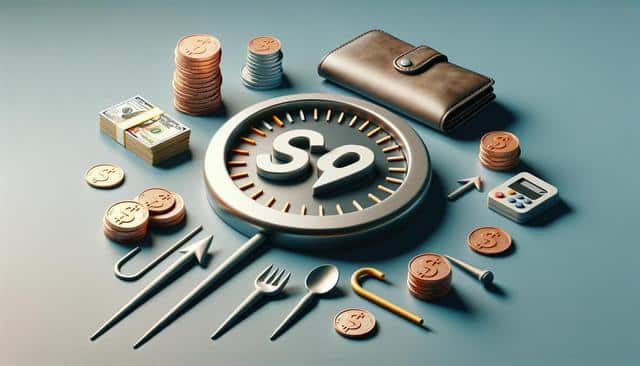
Exploring the Role of a Product Tester: A Behind-the-Scenes Look
What Does a Product Tester Do?
A product tester plays a key role in the consumer goods lifecycle by evaluating new products before they are released to the public. These individuals are responsible for using, inspecting, and providing feedback on a wide range of items, from electronics and household goods to cosmetics and food. Their insights help manufacturers identify issues, improve functionality, and enhance user satisfaction. In some cases, product testers work in controlled environments such as labs, while others test items in their own homes, simulating real-world usage.
The main responsibilities of a product tester include:
- Using the product under normal and sometimes extreme conditions
- Documenting performance, usability, and durability
- Reporting bugs, malfunctions, or design flaws
- Filling out questionnaires or participating in interviews
This role requires attention to detail, critical thinking, and strong communication skills. Most importantly, testers must provide honest and constructive feedback to ensure the product meets consumer expectations.
How to Become a Product Tester
Becoming a product tester doesn’t always require formal qualifications, though certain industries may prefer candidates with specific backgrounds. For instance, testing a new skincare line might benefit from individuals with dermatological knowledge or sensitivity to certain ingredients. However, many companies welcome everyday consumers who can offer perspectives that reflect the broader market.
To start as a product tester, consider these steps:
- Sign up with product testing platforms or consumer research panels
- Build a profile that highlights your interests and experience
- Stay active in online communities and forums where testing opportunities are shared
- Maintain a track record of providing detailed and timely feedback
Some positions are paid, while others offer free products in exchange for reviews. Regardless of compensation, product testing can be a rewarding way to influence the development of new items and enjoy early access to innovative goods.
Types of Products You Might Test
The range of products available for testing is broad and constantly evolving as companies seek diverse feedback. From household items to tech gadgets, there’s often an opportunity to test something aligned with your interests. Common categories include:
- Electronics and smart devices
- Beauty and skincare products
- Food and beverages
- Clothing and accessories
- Cleaning and personal care items
Each category has its own set of testing criteria. For example, food testers may be asked to comment on taste, texture, and packaging, while electronic testers might focus on performance, battery life, and user interface. Not all tests are alike; some require in-depth written reviews, while others involve surveys or video demonstrations.
Benefits and Challenges of Product Testing
Product testing offers several advantages, particularly for those who enjoy trying new things and sharing opinions. It can be a fun hobby or a side activity that complements other work. Key benefits include:
- Early access to unreleased products
- Opportunities to influence product design
- Receiving products for free or earning compensation
- Developing writing and analytical skills through reviews
However, there are also challenges to consider. Testers are expected to be thorough and objective, which can be time-consuming. There may also be non-disclosure agreements (NDAs) involved, limiting what testers can share publicly. Additionally, competition for high-value items can be fierce, and not every applicant is selected for every test.
Staying organized and building a reputation for reliability can improve your chances of being selected for future tests. Consistency, honesty, and clarity in your feedback are qualities that companies value highly.
Tips for Succeeding as a Product Tester
If you’re serious about becoming a successful product tester, developing a systematic approach can make a significant difference. Keeping detailed records and understanding the expectations of each testing assignment is crucial. Here are some helpful tips:
- Read instructions and testing criteria carefully
- Take notes during your testing experience
- Be honest but constructive in your feedback
- Meet all deadlines for reviews or reports
- Follow any confidentiality guidelines
Establishing a personal blog or social media presence can also boost your visibility. Sharing reviews, tutorials, or unboxing videos (when allowed) demonstrates your engagement and may open doors to long-term collaborations. Remember, the goal is not just to receive free products, but to contribute meaningful insights that help companies deliver better solutions to their customers.
Conclusion: Is Product Testing Right for You?
Product testing offers a unique opportunity to engage with new and emerging products while influencing their development. Whether you’re a tech enthusiast, a beauty aficionado, or just someone who enjoys trying new items, there’s likely a testing opportunity that matches your interests. While it requires responsibility and commitment, many find the experience enjoyable and fulfilling. If you value sharing your opinion and being part of the product lifecycle, becoming a product tester could be a great fit for your skills and curiosity.


